Beyond Pimm's: Real British Garden Cocktails

I've written before about my love of wine cocktails, but there's something particularly satisfying about creating drinks that celebrate what's actually growing in our gardens right now.
It's that glorious time of year when British gardens are finally coming alive, and frankly, it seems a shame to ignore all that local fresh produce in favour of exotic cocktail ingredients flown in from halfway around the world.
Don't get me wrong - I'm not suggesting you start foraging for obscure hedgerow botanicals or fermenting your own nettle liqueur. But when your garden (or local farmers' market) is bursting with elderflower, strawberries, rhubarb, and proper British herbs, why not make the most of them?
Yes, you can make cocktails that actually taste of where you live
The brilliant thing about garden cocktails is that they're inherently seasonal. You're not trying to recreate some Mediterranean fantasy with ingredients that cost a fortune and taste of nothing. Instead, you're working with what's genuinely at its best right now, which tends to result in drinks that actually taste of something.
Think about it: elderflower cordial made with flowers picked this month versus that expensive bottle of St-Germain that's been sitting on your shelf since last summer (or was it the summer before?). Fresh strawberries from the pick-your-own versus those sad, imported specimens that taste of water and regret.
The other advantage? Most of this stuff is either free or costs virtually nothing if you know where to look.
Making your own elderflower cordial (it's easier than you think)
Before we get to the cocktails, let's talk about elderflower cordial. Yes, you can buy it, but making your own is surprisingly straightforward and the difference in flavour is remarkable. Fresh cordial has a perfumed intensity that shop-bought versions lose after sitting on shelves for months. The flowers are best picked when they are fully open, creamy white, and have yellow stamens. It's also important to pick them on warm, dry, sunny days after the dew has evaporated.
 |
What you need:
Method: Give the elderflower heads a gentle shake to remove any insects, but don't wash them – you'll lose the pollen that gives the best flavour. Put them in a large bowl. Zest the lemons and add the zest to the bowl, then slice the lemons and add those too. |
Pour the boiling water over the sugar in a separate bowl and stir until dissolved. Pour this syrup over the elderflowers and lemons. Add the citric acid and stir well. Cover with a clean tea towel and leave for 24-48 hours, stirring occasionally.
Strain through muslin or a very fine sieve, pressing the flowers gently to extract maximum flavour. Pour into sterilised bottles and store in the fridge for up to 6 weeks, or freeze in ice cube trays for year-round use.
The result? Cordial that actually tastes like walking past an elderflower hedge on a sunny afternoon, rather than artificial perfume.
Gin & Homemade Elderflower Cordial
The elderflowers won’t be with us for long, so this is the moment. If you have time to make your own cordial, even better – it’s floral, heady and fresher than anything shop-bought. Paired with a classic London dry gin and topped with soda, it’s a tall, light, quintessentially British refresher.
 |
What you need:
Method: Fill a Copa de Balon with ice. Add gin and elderflower cordial, top with soda water, and garnish with mint and lemon. The key here is the cordial – if you've made your own it'll have a freshness that shop-bought versions simply can't match. The elderflower should be the star, not masked by complicated additions. If you're using shop-bought cordial, you might need slightly less as homemade versions tend to be less concentrated. |
Rhubarb Spritz
Rhubarb is the garden diva – dramatic, tart, unapologetically pink. Here, it becomes a simple syrup (just simmer chopped rhubarb with sugar and water), which pairs beautifully with dry white wine or English fizz. Add a splash of tonic or soda, and you’ve got a spritz that tastes like a June afternoon.
 |
What you need:
Method: Add the rhubarb syrup to a tall glass, top with Prosecco and a splash of soda water. Garnish with a thin slice of rhubarb, a cucumber ribbon and a mint sprig. The tartness of the rhubarb works beautifully with the bubbles, and the pink colour is rather lovely. |
*Quick rhubarb syrup:
Chop 200g rhubarb, simmer with 200ml water and 150g sugar until soft. Strain and cool.
Keeps in the fridge for weeks.
Strawberry & Basil Rosé Cooler
This one’s almost too easy. Strawberries and basil are a natural pair – the sweet and the savoury, the soft and the sharp. Muddle a few berries, tear a couple of basil leaves, pour over a generous glug of rosé, and finish with a splash of soda or sparkling elderflower.
 |
What you need:
Method: Gently muddle the strawberries and basil in the bottom of a glass – you want to bruise them, not pulverise them. Add ice, pour in the rosé, and top with a splash of soda water. The combination of strawberry sweetness, basil's peppery note, and the wine's acidity is surprisingly sophisticated. |
Cucumber & Mint Collins
This is what a G&T wants to be when it grows up. The cooling crunch of cucumber, the freshness of mint, and a bright twist of lemon turn a simple gin base into a tall, garden-party-ready refresher. Easy to build and even easier to sip.
 |
What you need:
Method: Peel the cucumber and cut into chunks. Muddle gently with the mint leaves in a tall glass. Add gin, lemon juice, and syrup. Fill with ice and top with soda water. Stir gently and garnish with a cucumber ribbon and mint sprig. |
Apple & Sage Sparkler
This one nods to orchard fruit and herb gardens, giving you all the mellow crispness of autumn – but it’s surprisingly refreshing on a warm evening.
The cider keeps it light and lively, while Calvados and sage lend a complex, earthy edge.
 |
What you need:
Method: Gently muddle one sage leaf in the bottom of a wine glass. Add Calvados and lemon juice, then top with cider. Garnish with apple slice and remaining sage leaves. This tastes like autumn in a glass, but somehow works perfectly on a warm spring evening. |
Making it work in practice
The wonderful thing about garden cocktails is that they don't require perfect technique or expensive equipment. A wooden spoon works fine for muddling. A jam jar makes a perfectly acceptable cocktail shaker. The focus is on the ingredients, not the performance.
If you're making these for more than just yourself, prepare your syrups and cordials ahead of time. The rhubarb syrup keeps well, and elderflower cordial improves with a day or two in the fridge. In fact, if you're planning a garden party, having a selection of homemade syrups ready means you can mix drinks to order without faffing about.
A word about timing: elderflower season is relatively short – typically late May through June in most of the UK. If you're reading this and thinking "I should make some cordial," don't put it off. Those creamy white flowers won't wait for you to get organised.
Beyond the obvious
Once you start thinking about British produce in cocktails, the possibilities multiply. Cucumber from the greenhouse makes a gin and tonic even more refreshing. Blackcurrants (if you can find them) or even blackberries (brambles - although it's a bit early for them) create intensely flavoured syrups. Even something as simple as fresh mint from a windowsill pot transforms a basic drink.
Apple mint works particularly well if you can get hold of it – it has a softer, rounder flavour than regular mint that works beautifully with gin. Lemon balm is another herb worth seeking out; it brings a gentle citrus note without the sharpness of actual lemon.
The key is to stop thinking of cocktails as exotic creations requiring specialist ingredients and start seeing them as extensions of good cooking – seasonal, local, and honest. If you wouldn't cook with an ingredient that's travelled thousands of miles when there's something better growing locally, why would you put it in a drink?
A note on equipment
You really don't need much. A jigger (or just use a tablespoon – 15ml each), a long spoon for stirring, and something to muddle with.
The one thing worth investing in is proper ice. Big cubes melt more slowly and dilute your drinks less.
These drinks are meant to be enjoyed with the scent of something blooming nearby, the lazy hum of bees, and that particular satisfaction that comes from drinking something made with your own hands, from ingredients that didn't travel halfway around the world to reach your glass.
Whether you're sitting on a freshly mown lawn, squeezed onto a balcony, or making do with a bench in the local park, these cocktails bring the essence of the British garden with them.
No fancy equipment, no exotic ingredients, no mixology theatrics - just honest drinks that taste of the season and the place you're drinking them.
So, pick what's ready, make what you fancy, and toast the fact that sometimes the best things really are growing right under your nose.

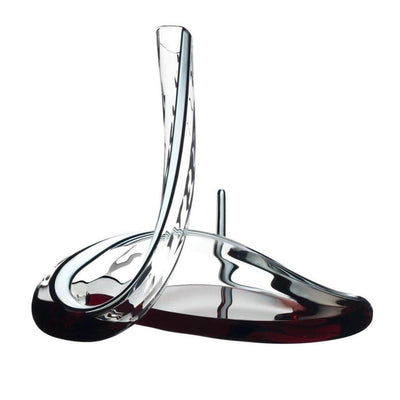
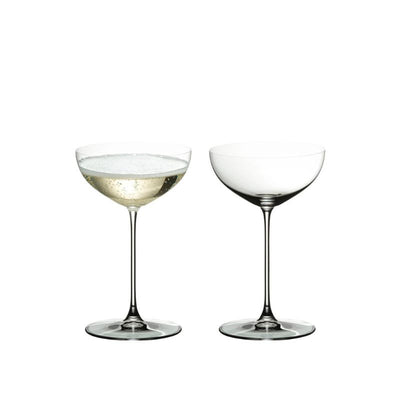
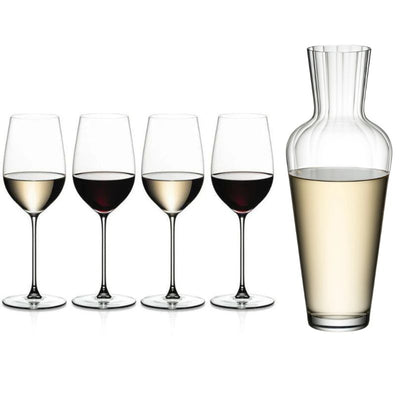
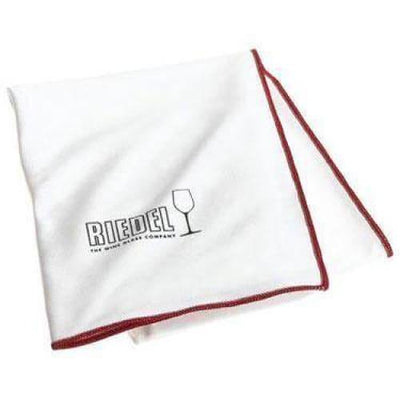













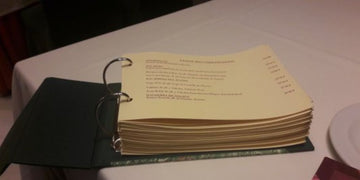


Leave a comment